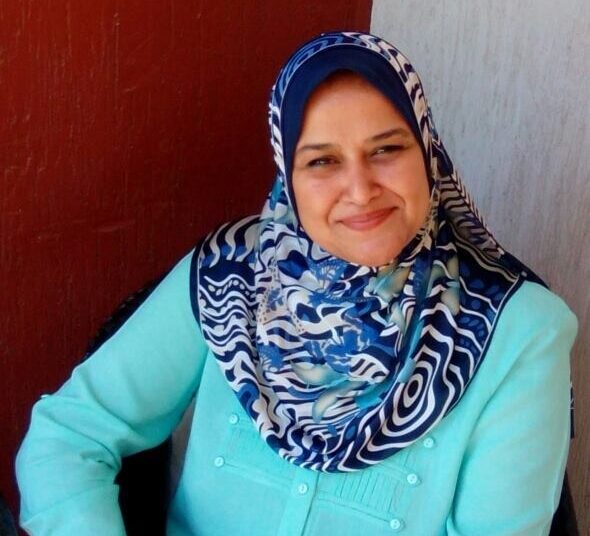It took the Egyptians around five years of struggle to erase the one-year rule of the Muslim Brothers.Then, how many years the Tunisians would take to uproot the Muslim Brothers who managed to dominate the political scene in the country for a decade since eruption of the so-called Arab Spring in 2011?
This is the question that came to my mind and to many Egyptians after hearing of the measures taken by President Kais Saeid last week to dismiss the government and freeze the parliament both of which are dominated by Ennahda movement, the Tunisian branch of the Muslim Brotherhood.
The Egyptians recognised the devilish intentions of the extremist group when it attempted to rule of the country and infiltrate the three legislative, executive and judiciary authorities as well as immunise the presidency’s decisions from any criticism or revision. Therefore, the Egyptians staged a series of protests against the MB’s president until they eventually toppled him with support of the armed forces in June 30 revolution of 2013.
Tunisians, however, with the support of the Western powers chose to involve the Muslim Brothers in the political scene, which made the West consider Tunis as the only successful democratic model of the Arab Spring revolutions. Nonetheless, the Tunisians paid a high price for taking this approach, that seemed democratic, because it resulted in stagnation and deterioration in all aspects of life especially the health sector, which has failed to contain the Covid -19 pandemic in which Tunisia has overtaken African and Arab countries in terms of infections and deaths.
What is worse is the Tunisians’ acceptance of the MBs presence in the political scene, which allowed the group to contribute to writing the Tunisian constitution and ensure their gradual infiltration into the various state institutions over the last 10 years.
To achieve this goal, the Tunisian Muslim Brothers decided to give up the religious preaching and form a political party named Ennahda (the renaissance). Following the same Taqiyya strategy of the ruling Justice and Development Party of Turkey, Ennahda party was first keen to offer various compromises and claim to respect principles of civil state, democracy and freedom of speech in order to gain public acceptance to their presence in the political scene.
Unlike, the Egyptian Muslim Brothers, the Tunisian MBs followed the steps of the Turkish AKP party and veiled their radical thinking and accepted other political parties in the country (following Jasmine Revolution) so as to gain public trust and to buy time to gradually infiltrate into various state institutions and strengthen their grip on power. In so doing, they have been following the example of Turkish president Recep Tayyeb Erdogan, who eventually managed to change the constitution and the ruling system from parliamentary to presidential to secure his grip in rule for the longest possible period of time.
Surprisingly, this dramatic shift in Turkey and then Tunisia from civil secular system to fanatic authoritarian rule has occurred under guise of democracy, which the Western world continues to value above all other principles even with the risk of having the two countries becoming terrorism hotspots.
Fortunately, Tunisians, under the leadership of the senior Judge Kais Saied, have eventually realised the threat of this fanatic group whose members place the narrow interests of their ideological organisation over the national interests of their countries. This appeared crystal clear when Rached Ghanouchi, head of Ennahda movement and Speaker of the Tunisian parliament was fostering relations with the Turkish ruler and the former head of the Libyan Government of National Accord Fayez al-Serraj while the Tunisian state was keen on not taking sides in the Libyan conflict.
President Saied has taken a courageous step in freezing the MB parliament and government to start a painful process of removing this cancer from the Tunisian society.
The mission would not be that simple given the long presence of the MB in the country’s political life as well as the blind support of Western world to the figurative democracy as practiced by such fanatic group that aims to dominate rule of Arab and Muslim countries. Rather than considering such moves as a correction of the deviation of the Arab revolutions, the West insists on naming them as coups or counter-revolutions.






Discussion about this post